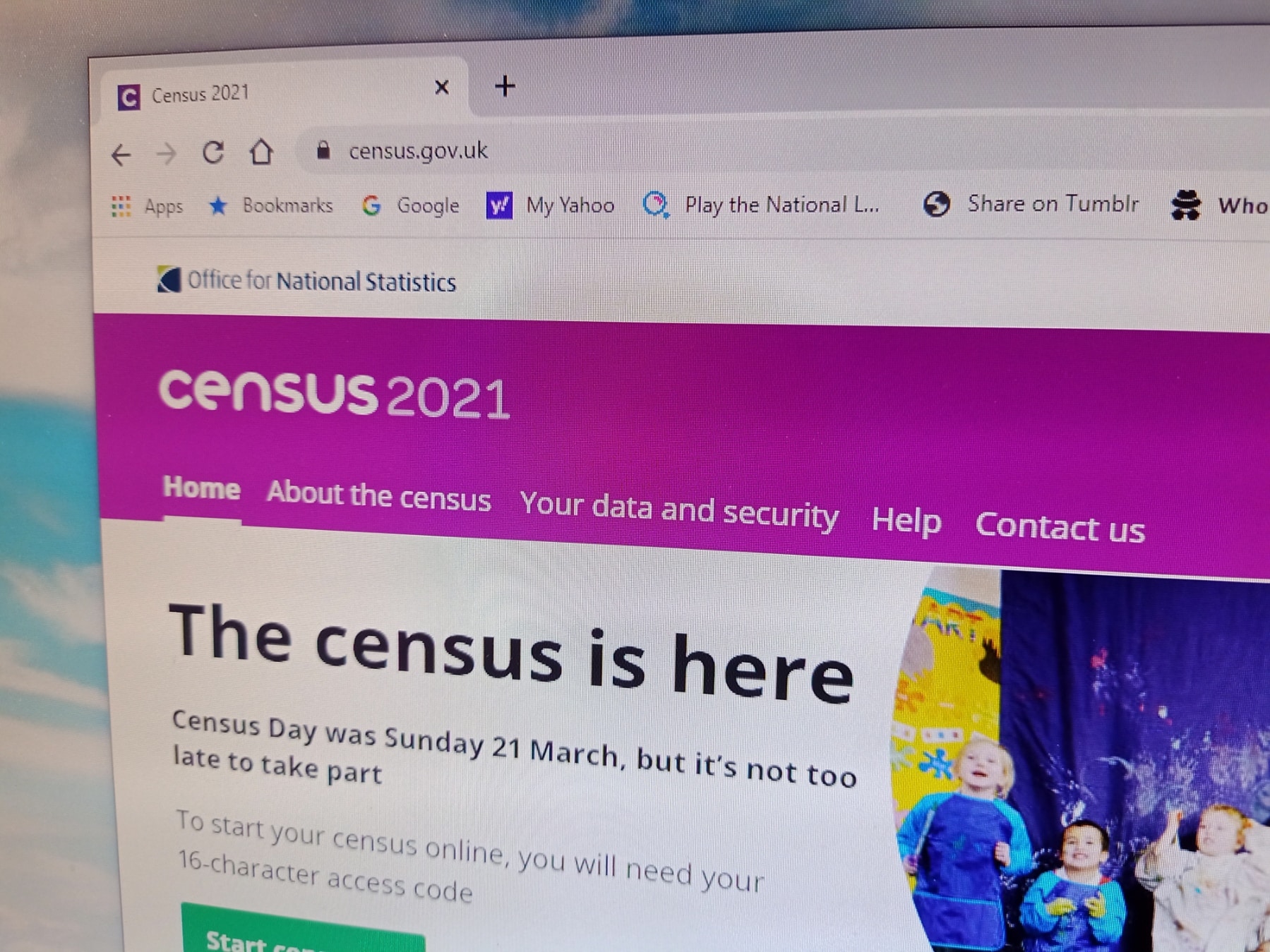
Ransomware attacks are now the second most commonly reported security incident
Analysis by CybSafe of incidents reported to the UK's Information Commissioner's Office (ICO) shows that ransomware attacks made up 22 percent of all reported cyber security incidents in the first half of 2021. This is up from 11 percent in the first half of 2020
Phishing still leads, accounting for 40 percent of all cybersecurity cases reported to the ICO, slightly down from 44 percent the year before, but ransomware has now edged into second place.

Six months on from Brexit, how has it affected the IT industry?
It's now been five years since the United Kingdom voted in a referendum to leave the European Union, and six months since it actually left.
With the promise of freedom to 'take back control' of the UK's borders, potential new opportunities for Britons and a plan to make the UK a global leader in innovation, there's still a lot up in the air. What has been apparent, however, is that almost all aspects of businesses have been impacted by Brexit in some way or other, from supply chain complications, to staff shortages, to confusion around GDPR and data protection rules.

Cyber attacks on council workers increase over 200 percent
Local councils have faced the same pressure as commercial businesses to have people working at home during the pandemic. But a new report shows attacks on UK councils' remote workers rose by 213 percent from March 2020 compared to the previous year.
Freedom of Information (FOI) requests made by technology solutions provider Insight, show that on average councils switched 74 percent of their employees -- more than double the UK average -- to remote working during the pandemic.

New UK lab set to boost 5G network security and resilience
A new high-tech lab to speed up the development of 5G communication kit and help the UK diversify its supply chains is being launched today.
The SmartRAN Open Network Interoperability Centre (SONIC Labs) is backed by £1 million of government funding and aims to build a more secure and innovative supply chain which is fit for the future, less reliant on a small number of multinational suppliers and more accessible for new market entrants.

Unsuccessful tech projects get axed during the pandemic
Research from London-based digital agency Studio Graphene shows that digital transformation during the pandemic hasn't been all success stories.
The survey of 750 decision-makers within UK businesses finds the majority (56 percent) have successfully adopted one or more new technologies since the beginning of the pandemic, with 54 percent saying that using new tech has been key in enabling them to overcome challenges posed by COVID-19.

UK students choose creativity over tech
A new poll of over 4,000 UK Generation Z teenagers reveals that more plan to pursue studies in creative arts and design subjects rather than science, technology and IT.
The study from social app Yubo finds the most popular subject area for further studies is creative arts and design with nearly 15.4 percent of respondents saying they plan to explore further studies in this area, closely followed by medicine at 14.5 percent.

Half of UK employees lack basic digital skills
Around 17.1 million people in the UK lack the essential digital skills (EDS) necessary for work, according to a new study.
The report from FutureDotNow, a coalition of leading organisations focused on accelerating the UK's workplace digital skills, finds only only 23 percent of employees report having any digital skills training from employers.

UK launches new watchdog to promote online competition
Online platforms make it easier for people and businesses to stay in touch, but a small number of companies dominate the market which can lead to less choice and higher prices.
In the UK today sees the launch of the Digital Markets Unit (DMU) intended to create a new pro-competition regime to cover platforms with considerable market power.

Digital first census raises security concerns
This year for the first time the UK's ten yearly census -- used to collect information to determine future government policy and spending -- is 'digital first' with people encouraged to fill in their returns online rather than use a paper form.
But research conducted by YouGov for security analytics and automation company Exabeam finds that many people are worried about how the data will be stored and used.

UK government faces software skills crisis
Governments don't have a good record when delivering IT projects, but a new study from digital experience company Acquia that the UK government is facing a major software skills crisis.
Results show that 28 percent of vacancies remain unfilled. Across the 12 departments which responded to freedom of information requests, some 317 developer positions are open, while just 808 developers are currently employed.

Employees' home networks could lead to SMEs failing security assessments
With the pandemic forcing more people to work from home, businesses in the UK -- particularly smaller ones -- may not have considered the fact that their employees' home networks now fall under the scope of regulatory and certification requirements.
According to a report from support solutions company A&O IT Group, if an individual works from home more than half of their time, their network must be compliant with current regulations.

UK security pros worry about breaking the law when defending against attacks
A new report released today by the CyberUp Campaign and techUK has found that 80 percent of UK security professionals worry about breaking the law in the process of defending against cyberattacks.
The Computer Misuse Act (1990) is the law that governs the activities of cyber security professionals in the UK and the survey finds a near-unanimous (93 percent) belief that the Act -- written before the advent of modern cyber security -- does not represent a piece of legislation fit for this century.

One in three Brits uses someone else's streaming login
According to a new study from F-Secure, 36 percent of Brits are willing to use someone else’s details to access streaming services if given the chance.
Also 42 percent of Brits share their login details to their favourite streaming services with between one and three other people and 70 percent feel no guilt when using someone else’s login for Netflix or Amazon.

UK online retailers not ready for Christmas surge
Online shopping has been enjoying something of a boom thanks to the pandemic, but a new report indicates that not all retailer sites are as good as they could be.
In a test of the websites of over 250 UK online retailers, Edge Testing Solutions looked at factors including, load time, navigation tools, image quality and broken links.

UK broadband among the slowest in Europe
Analysis of over 557 million broadband speed tests worldwide has revealed that the UK now sits in 47th place, with an average speed of 37.82Mbps.
The research from Cable.co.uk puts the UK ahead of 174 countries, but behind 46 others, coming in behind 21 Western European countries. This puts the UK among the slowest in the region when it comes to average broadband speed, losing 13 places since the measurements were taken last year.
